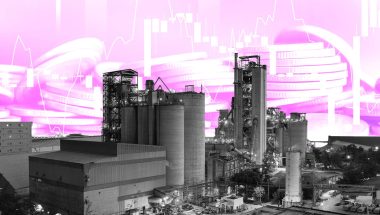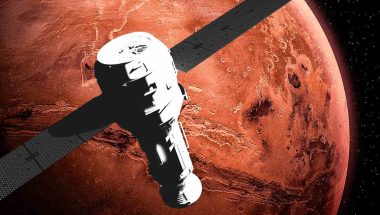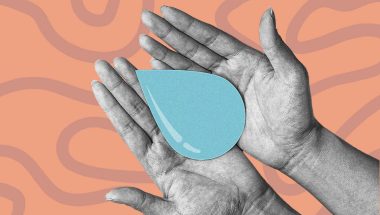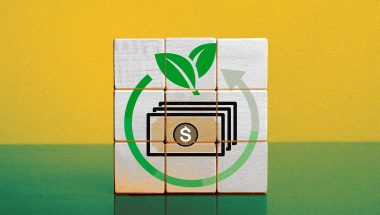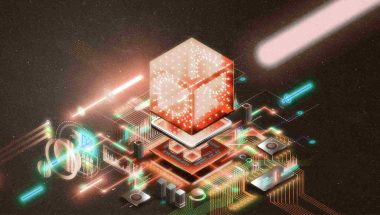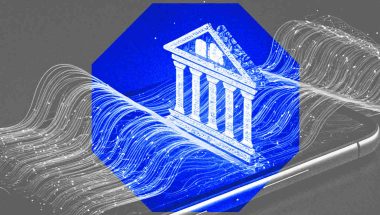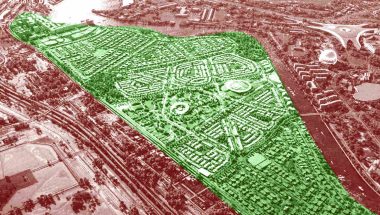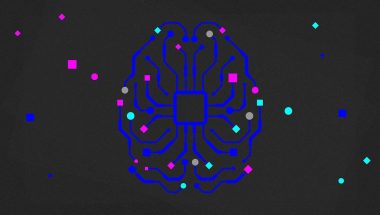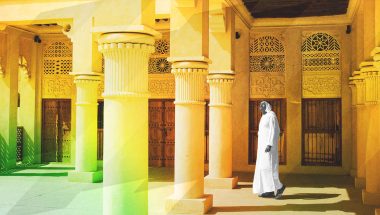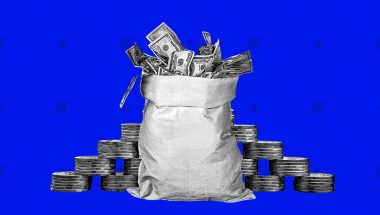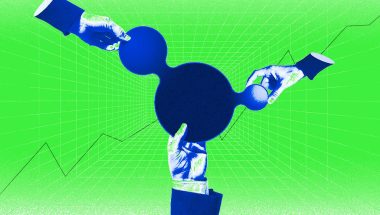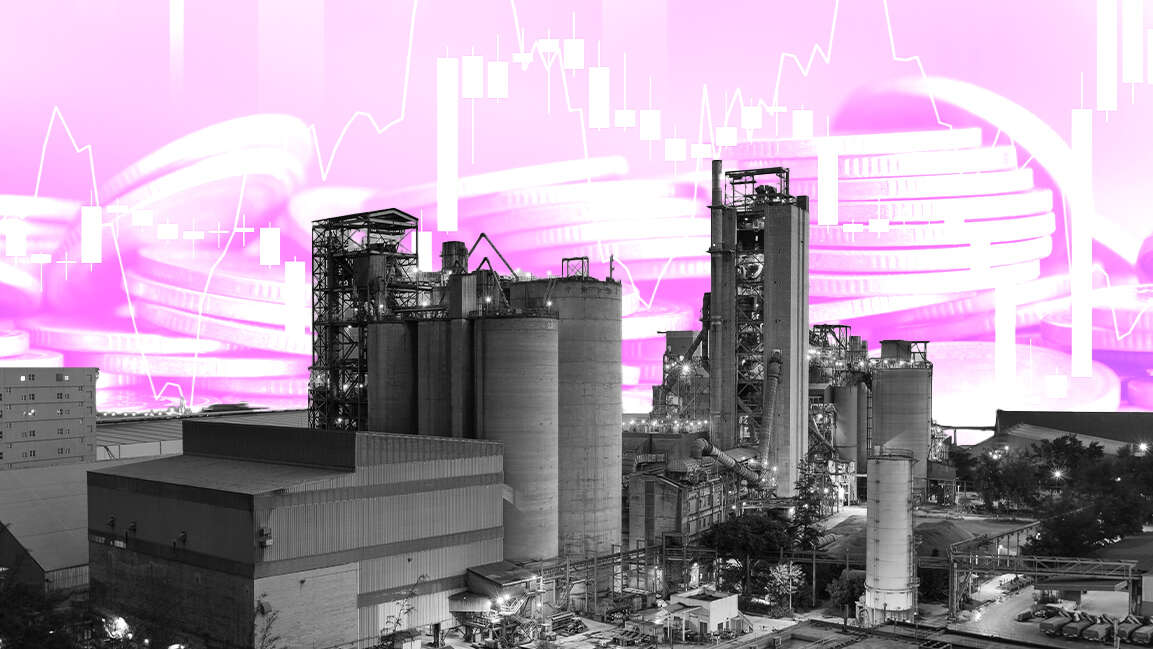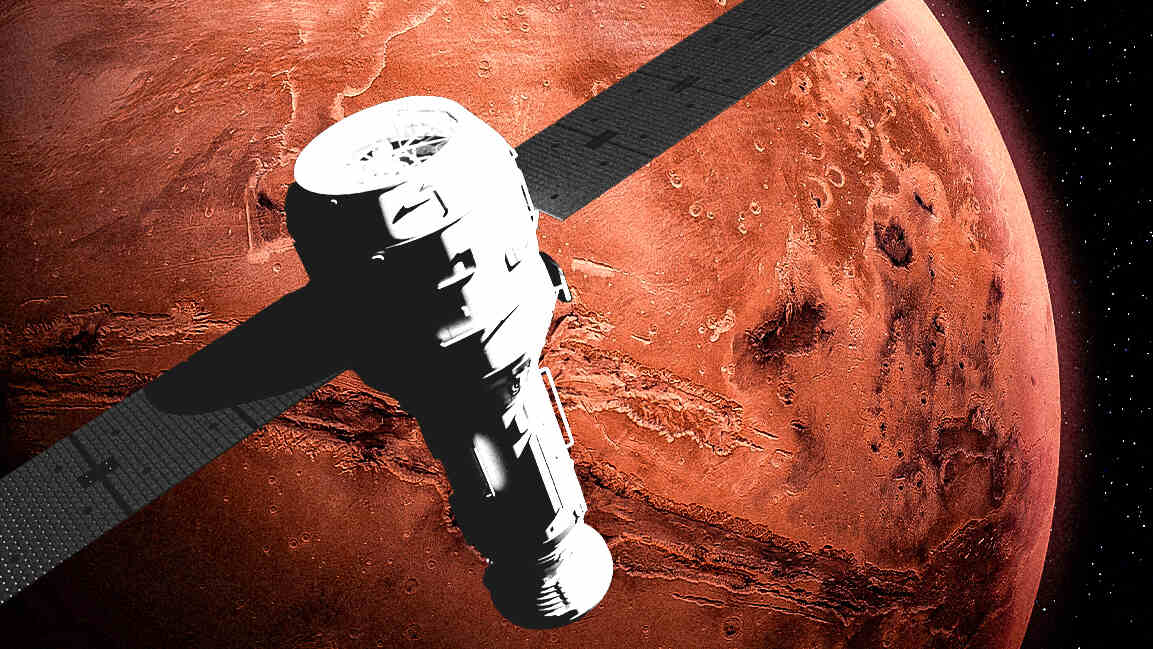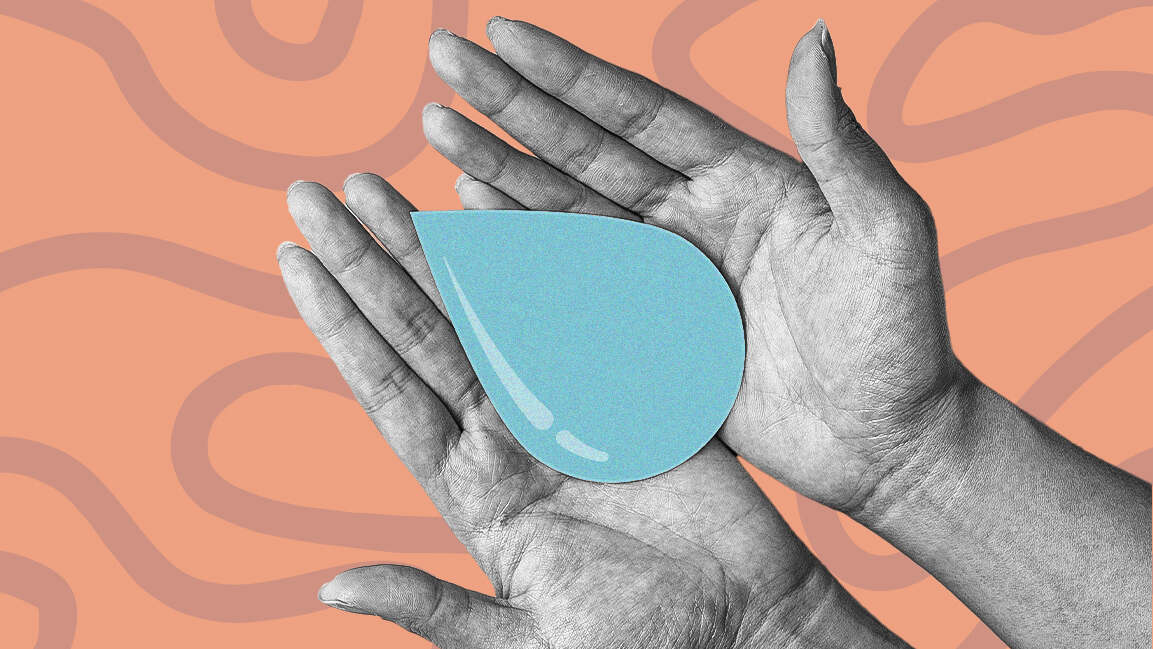- | 9:00 am
Creator economy is booming in the Middle East. What does the future look like?
With new digital assets, the creator economy is in a transformational phase in the region
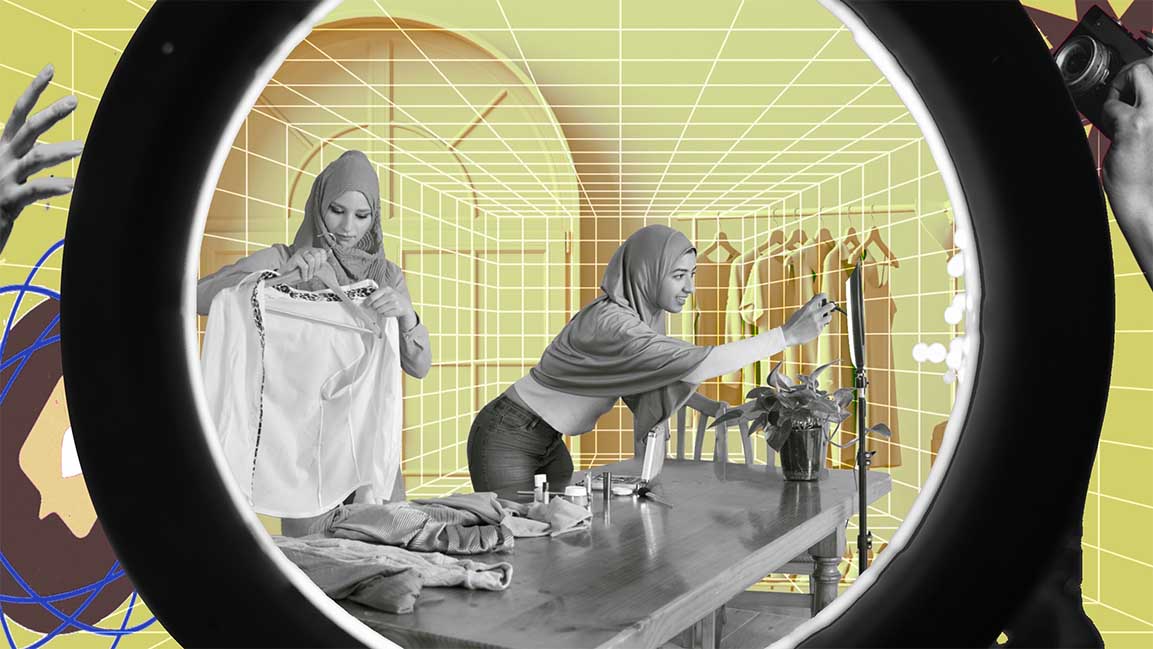
Millions of millennials and Gen-Xers have pivoted into the creator economy to create content and express themselves and interact with a global audience.
And this rise in conscious consumerism was a catalyst for the shift to purpose-led marketing and authentic storytelling. Brands and influencers are seen now more than ever moving toward content creation.
“The Middle East is a vibrant economy full of potential, and the fast-growing creators’ ecosystem is an absolute reflection of the region’s future,” says Eleni Kitra, founder and CEO of People First Group, which helps companies to be diverse and inclusive.
The creator economy is booming—and the numbers speak for themselves. Research shows more than 50 million creators globally, with a market size exceeding $100 billion.
“Brands are starting to trust influencers more; we’re getting bigger and better opportunities. The influencer community is growing as well, and it’s enlightening to see how people are creating content in so many different, and most importantly, unique ways,” says Naomi D’Souza, CEO of xNDigitize and an influencer.
In the creator economy, TikTok positioned itself at the heart of the ecosystem, built on connections between creators, content, and community members. “Each element makes the other stronger, forming a symbiotic relationship that spurs creativity and innovation,” says Tarek Abdalla, Regional General Manager at TikTok Middle East, Turkey, Africa, Pakistan and South Asia.
RESHAPING THE SOCIETY
The digital ecosystem has increased the impact and reach of creative content, which, according to Abdalla, opens the door for creators to actively participate, amplify their voices, and provide them with an opportunity to share their talent with the world.
Leveraging online platforms to raise awareness of pressing issues that matter to the global community has become a shared responsibility between platforms and creators.
“In the lead-up to COP27 in Egypt, TikTok partnered with creators and influencers to help create awareness around climate change through our #ClimateAction campaign. These creators share simple tips with the communities about the changes they can make in their everyday lives to combat climate change, whether that’s purchasing fruits and vegetables from local farms, using reusable shopping bags, or walking rather than driving,” Abdalla adds.
This opportunity to redefine and shape the present and the future has increased the accountability of creators over the content they share.
“Content creators and influencers have the responsibility to post the right things on social media since they are significantly heard more,” says D’Souza.
DISRUPTING OLD BUSINESS MODELS
Creators in the region have taken the lead in monetizing their content and building revenue-sharing models, becoming business owners and stakeholders who directly impact the social media platforms’ financials and brand affinity.
“The social media ecosystem is revolutionizing how new sectors are fleshing out. We see a growing number of platforms focusing on gaming, trading, shopping, messaging, or specific audiences such as women and GenZ,” says Kitra, who is also an advisor of a social community app for women.
The content creator economy is in a massive transformational phase, with the Middle East home to over 200,000 content creators. “The current growth trajectory will lead only to a disappointment with the old business model,” says Julien Hawari, CEO of Million, a Web3 social media platform for content creators and their community.
The conventional business model is not adapted to allow content creators to create a 360-degree value through their craft for themselves and the community or followers, Hawari adds.
Content creators and brands need to work together and find their collaboration ethical, transparent, built for value, and suitable for the community rules of engagement.
“Creators will need to leverage solutions and tools to build infrastructure to run their businesses and stay true to what they represent,” Kitra adds.
ADDRESSING CREATOR BURNOUT
Amidst all the attention, creators are susceptible to burnout resulting from a lack of control over outcomes, unclear expectations, social isolation, and blurred boundaries between work and personal time.
“It can be scary because this isn’t a 9-5 job with a steady paycheck every month,” says D’Souza. “Some months you get lucky, and some months you may make nothing. Like in any creative field, creator burnout is inevitable.”
According to experts, it’s about finding the right balance. “It’s important that creators take care of their mental well-being and encourage their communities to do the same,” Abdalla says.
TikTok has created a well-being guide with experts to develop toolkits for the creator community to learn more about ways to improve their well-being and build a supportive online conversation around mental health.
Acknowledging the problem, D’souza says, “Taking some time off can help them get inspired and make them more creative.”
FUTURE OF CREATOR ECONOMY
In a world where it has become nearly impossible for growing brands to succeed without partnerships with influencers, creators are fueling a free marketplace.
So what does the future look like?
“Content creation and the creator economy will continue to grow as new talents find their voices, niches, and communities. Content creators will continue to be more important to businesses to reach their target audiences,” Abdalla says.
The tech-enabled economy will give leverage to creators to manage their businesses and generate revenue by producing content via new digital assets.
“With the help of Web3, content creators can unlock new, transparent, and reliable revenue streams. We are living in an era of democratization of content amid global connectivity,” adds Hawari.
As creators become their businesses and major brands double down on leveraging the creators’ reach with their audiences, it’s easy to see why there’s never been a better time for content creators.
“A new economy is being built with community tokens, NFT marketplaces, metaverse, and several other tools and solutions. Decentralization, ownership, and the power of individuality will be the critical components of the new economy of the creators,” says Kitra.







